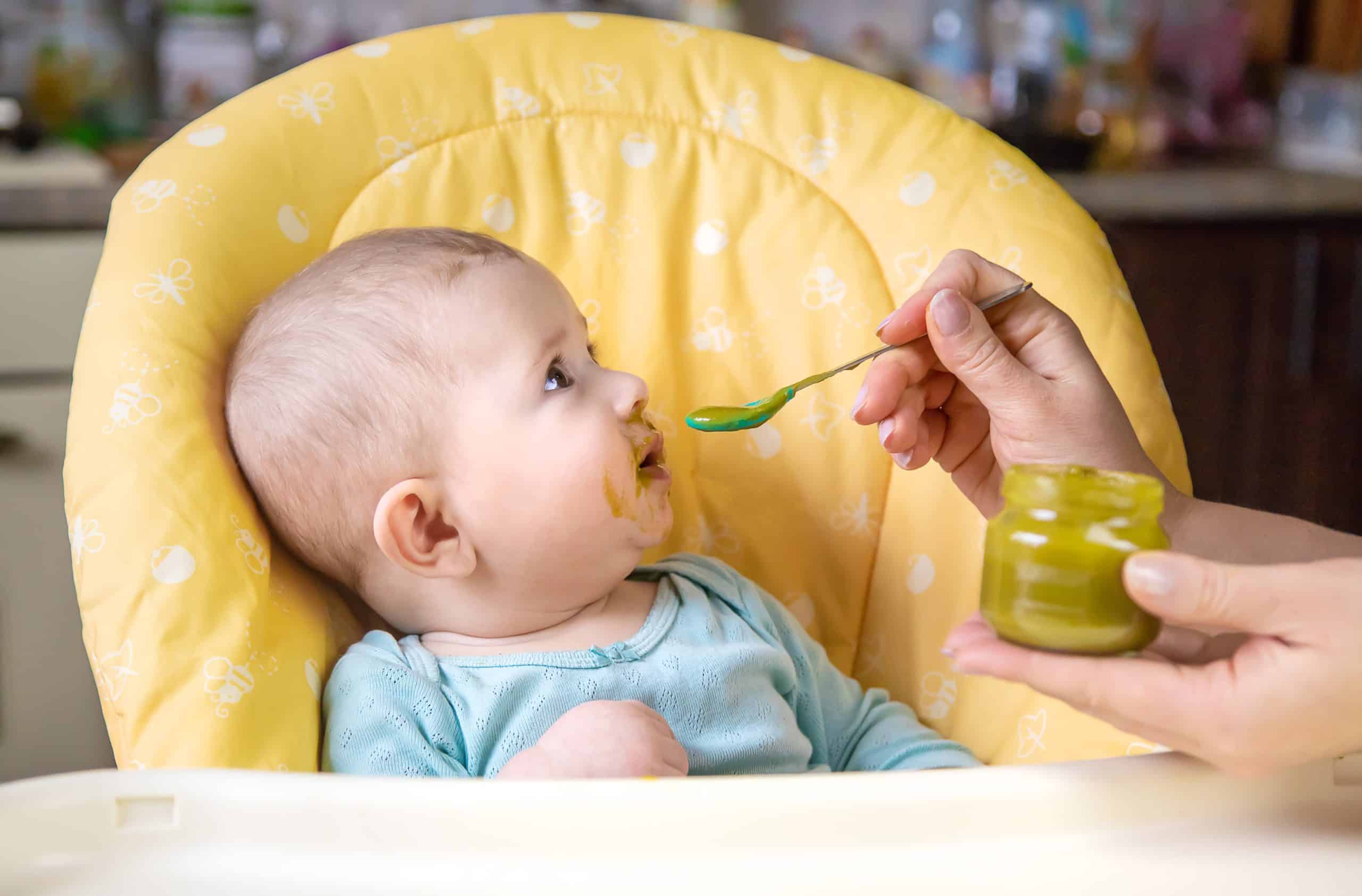Overview
Babies need the right nutrients to grow strong and healthy. Making the appropriate food choices for your baby during their first year is critical in their overall development. More growth occurs during the first year than at any other time. Thus, it is important to feed your baby a variety of foods at the proper time.
How Often Should Your Baby Eat?
From 6 to 12 months old, your breast milk is still the main source of nutrition for your child. However, solid foods will gradually be introduced into your baby’s diet. As you begin to give solid food to your baby, it can be difficult to determine how much you need to feed them. Here are some things you should remember:
- Give 1 or 2 tablespoons of food, and observe for signs if they are still hungry or full.
- Give your baby something to eat or drink about every 2 to 3 hours, or about 5 or 6 times a day. This will give your child about 3 meals and 2 to 3 snacks every day.
Guide for Formula Feeding
- In case breast milk is not available, you can use standard infant formula as an appropriate alternative. Ask your pediatrician for a recommended formula if you are not sure which formula to use.
- Formula feeding should be in response to your baby’s needs. Look for cues of hunger and fullness to determine how much formula your baby needs and when to feed it.
- Remember, your child’s amount of formula intake will decrease as the baby eats more solid foods. However, it will still be a significant source of your child’s nutritional needs.
Feeding Tips for Your Child During Their First Year
- When your child starts to eat solid foods, give them one food at a time and not mixtures. This way, you can determine if your baby is allergic or can’t tolerate certain foods.
- Avoid using salt or sugar to make baby foods more appealing. An increased intake of salt or sugar is associated with obesity in children.
- Babies need to experience a variety of foods. Offering different kinds of foods early will pave the way for good eating habits later.
- Use a spoon when feeding your baby. Your baby will need to learn how to eat from a spoon.
- Do not put your baby in bed with a bottle propped in their mouth. There have been studies that propping a bottle has been linked to an increased risk of ear infections.
- Do not force your child to eat all the food on their plate when they cannot finish it. It will only teach your child to eat just because the food is there and not because they are hungry.
- Always wash your hands before washing and peeling fruits and vegetables to make sure that the food is clean. Don’t forget to remove the seeds or pits from the fruits.
- Do not restrict your child from eating foods with fat and cholesterol. After all, children need calories, fat, and cholesterol for the development of their brains and nervous systems.
Takeaway
As your child gets older, they may eat different amounts of food each day. This is normal. Talk with your pediatrician if you have any questions or concerns about your baby getting the right amount of food to eat. Children’s Medical Centers of Fresno provides quality healthcare to children of the Central Valley. Schedule your child’s appointment today!



